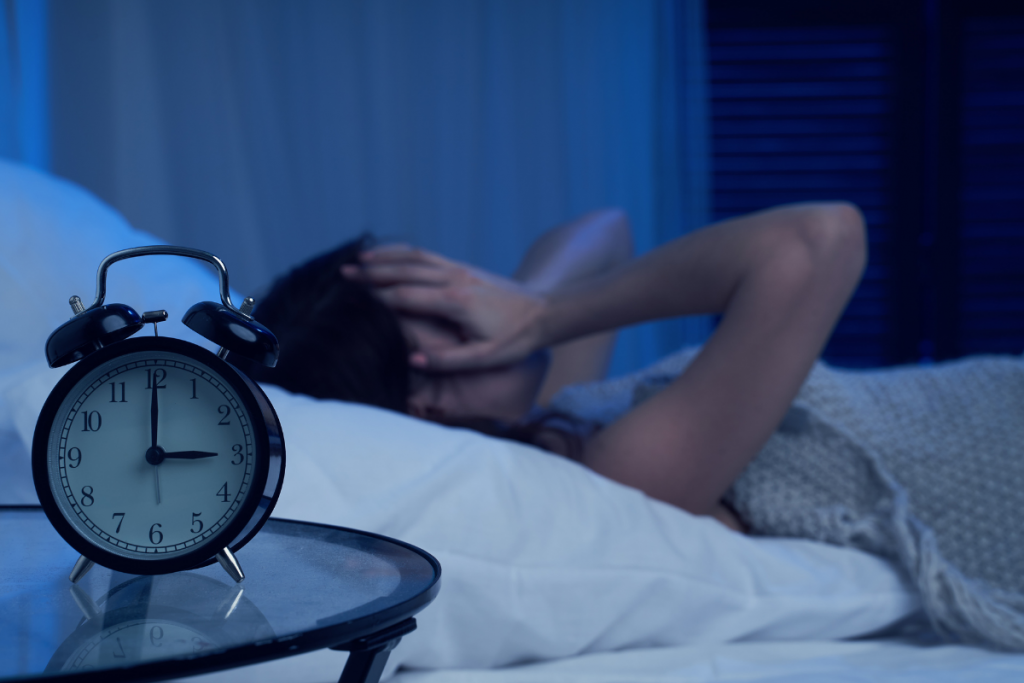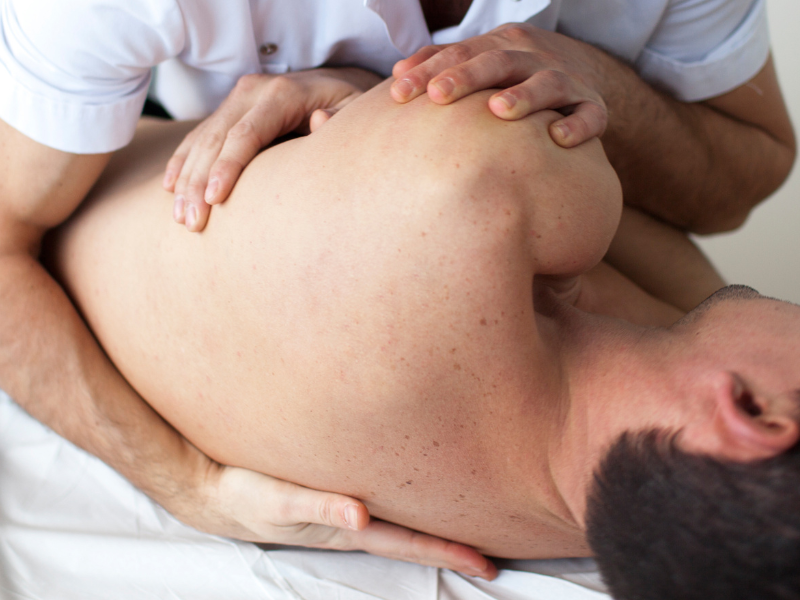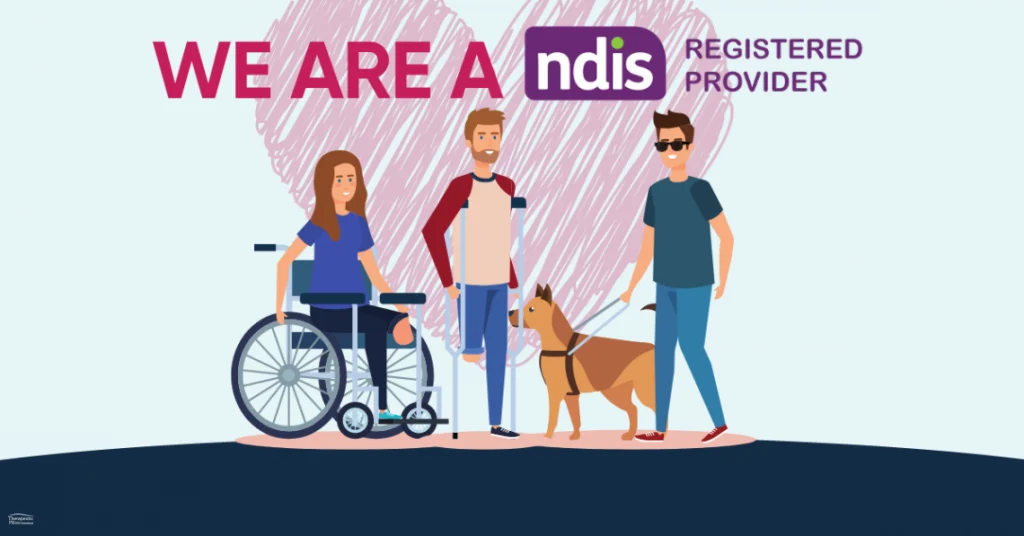If you think having a sneaky tipple before bedtime will help you sleep better, think again!
Numerous studies have shown that consuming alcohol and caffeine prior to sleep can not only impair your ability to get a good night’s sleep but also may result in alcohol dependence.
Drinking alcohol will initially help healthy people fall asleep quicker and also may help in providing deeper sleep, however, it reduces REM (rapid eye movement) sleep eventually.
REM sleep occurs about 1.5 hours into your sleep and is the restorative stage of the sleep cycle, where we dream. When REM sleep is disrupted, we wake up feeling drowsy and irritable and may feel tired and have poor concentration throughout the day.
Alcohol can disrupt this sleep cycle, causing insomnia and reducing the amount of deep sleep. It can also lead to snoring, sleep apnea, and other sleep disorders. Caffeine, a stimulant, can also disrupt sleep by making it harder to fall asleep and stay asleep. Additionally, consuming alcohol and caffeine close to bedtime can lead to dehydration, which can further disrupt sleep. Overall, both alcohol and caffeine can negatively impact the quality of sleep and leave you feeling tired and groggy the next day.
Caffeine is a stimulant that can affect the metabolism by increasing the heart rate and the release of certain hormones such as adrenaline.
This can cause an increase in metabolism, leading to a temporary boost in energy levels. However, excessive caffeine intake can lead to negative effects on the metabolism, such as increased blood pressure, and heart rate and may have negative effects on insulin sensitivity.
Caffeine consumption can also have negative effects on poor sleep and insomnia. It can make it harder to fall asleep and can disrupt the sleep patterns once you do fall asleep. This is because caffeine is a stimulant, and it blocks the action of a neurotransmitter called adenosine. Adenosine is a chemical that accumulates in the brain throughout the day and helps promote sleep at night. When caffeine blocks adenosine, it makes it harder to fall asleep and can lead to insomnia.
To improve sleep try avoiding stimulants like caffeine before bed is crucial for a good night’s sleep. Try and have your last coffee at least 4-6 hours before bedtime to wear off their effects.
Do you want to learn more? Read our Frequently Asked Questions for...
Breaking bad sleep habits can be challenging, but with some simple changes, you can improve your sleep routine. Firstly, it's important to establish a consistent sleep schedule. Try to go to bed and wake up at the same time every day, even on weekends. This helps regulate your body's internal clock and promotes better sleep. Secondly, create a relaxing bedtime routine. Engage in activities that help you unwind, such as reading a book or taking a warm bath. Avoid stimulating activities like using electronic devices or watching TV before bed, as they can interfere with your sleep. Additionally, make your bedroom a sleep-friendly environment by keeping it cool, dark, and quiet. Investing in a comfortable mattress and pillows can also enhance your sleep quality. Lastly, limit caffeine and alcohol intake, especially close to bedtime, as they can disrupt your sleep patterns. By implementing these changes and being consistent, you can gradually break bad sleep habits and improve your overall sleep quality.
Remember, breaking bad sleep habits takes time and patience. It's important to be consistent with your new sleep routine and give your body time to adjust. If you continue to struggle with sleep, it may be helpful to consult a healthcare professional for further guidance and support.
 0
0 0
0To increase the time you spend in bed, there are a few simple steps you can take. Firstly, establish a consistent sleep schedule by going to bed and waking up at the same time every day, even on weekends. This helps regulate your body's internal clock and promotes better sleep. Secondly, create a relaxing bedtime routine that signals to your body it's time to wind down. This could include activities like reading a book, taking a warm bath, or practicing relaxation techniques such as deep breathing or meditation. Additionally, ensure your sleep environment is comfortable and conducive to restful sleep. Keep your bedroom cool, dark, and quiet, and invest in a supportive mattress and pillows. Lastly, avoid stimulating activities and substances close to bedtime, such as caffeine, nicotine, and electronic devices, as they can interfere with your ability to fall asleep and stay asleep. By implementing these strategies, you can increase the time you spend in bed and improve the quality of your sleep.
 0
0 0
0Whether it's better to sleep in or wake up early depends on individual lifestyle, preferences, and sleep needs. Waking up early can provide more time for productivity and establishing a consistent routine, which may have positive impacts on mental and physical well-being. It's linked to improved mood and enhanced focus. On the other hand, getting sufficient sleep by sleeping in can aid in overall rest and recovery, benefiting cognitive function and stress reduction. The key lies in maintaining a regular sleep schedule and ensuring you're getting the recommended amount of sleep for your age group, typically 7-9 hours for adults. It's essential to align your sleep patterns with your daily activities to strike the right balance between waking up early and allowing your body to rest adequately.
 0
0 0
0
Sleeping without a pillow is a personal preference and can vary based on individual comfort and sleeping habits. While some people find it beneficial for their neck and spine alignment, others might experience discomfort or strain. Pillows often provide support to maintain a more neutral sleeping posture and can be especially helpful for those with certain conditions like neck pain or sleep apnea. It's recommended to try both options and listen to your body to determine what offers you the most restful and comfortable sleep.
 0
0 0
0The average time spent in bed varies from person to person. It depends on individual factors such as age, lifestyle, and personal preferences. Generally, adults tend to spend around 7 to 9 hours in bed each night to ensure they get enough restorative sleep. However, some people may require more or less time in bed to feel fully rested and refreshed. It's important to listen to your body and establish a sleep routine that works best for you, allowing you to wake up feeling energized and ready for the day ahead.
Factors like work schedules, stress levels, and sleep disorders can also affect the amount of time individuals spend in bed. It's crucial to prioritize quality sleep rather than solely focusing on the number of hours spent in bed. Creating a comfortable sleep environment, practising good sleep hygiene, and adopting relaxation techniques can all contribute to a better night's sleep. Remember, everyone's sleep needs are unique, so finding the right balance of time in bed is essential for your overall well-being.
 1
1 0
0








